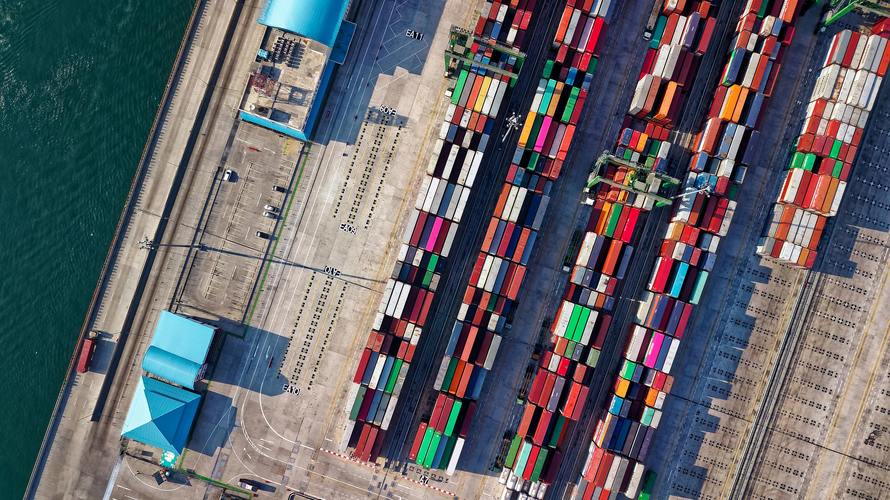
On July 7th, the international economic landscape was in a state of turmoil due to a statement made by US President Trump. Trump announced that starting from August 1st, tariffs ranging from 25% to 40% would be imposed on imported products from 14 countries including Japan, South Korea and Malaysia. At the same time, he signed an executive order to extend the 90-day suspension period of the "reciprocal tariffs" until August 1st. This news, like a huge rock thrown into a calm lake, stirred up thousands of waves, causing a strong shock in the global market and firm opposition from all countries.
As soon as the news was announced, the financial market was the first to react. On the 7th, the New York stock market plunged sharply, and investors' confidence was undermined. Shares of Japanese automakers listed in the US have plummeted, and the already fragile supply chain in the automotive industry is on the verge of collapse under the shadow of tariffs. Countries such as Japan, South Korea and Malaysia, which have been included in the list of those subject to additional tariffs, responded promptly, expressing their concerns and opposition to the US move. Japanese Prime Minister Shigeru Ishiba said straightforwardly, "It is very regrettable." South Korea and other countries have also criticized the unilateralist actions of the United States for disrupting the international trade order.
From the perspective of the United States' own interests, the Trump administration's move aims to reduce the trade deficit, protect domestic industries, and fulfill its campaign promise of "America First". However, such short-sighted trade protectionist behavior is actually drinking poison to quench thirst. Although raising import tariffs can reduce import volume in the short term, in the long run, American consumers will face higher prices, and the procurement costs of enterprises will also increase significantly, thereby weakening the competitiveness of American enterprises in the global market. For instance, the United States imports a large amount of semiconductors from Malaysia. After imposing additional tariffs, the US electronics industry will face the pressure of rising costs, which may lead to an increase in product prices and lose its price advantage in the international market.
This move by the United States has also caused a severe impact on the global economic order. In today's era of economic globalization, the economies of various countries are closely intertwined, and industrial chains and supply chains are interwoven with each other. The arbitrary imposition of tariffs by the United States has undermined the stability and synergy of the global industrial chain. Take the automotive industry as an example. Auto parts from Japan and South Korea are widely used in global car manufacturing. An increase in tariffs will raise the global production cost of automobiles and hinder the normal development of the industry. Moreover, the trade bullying behavior of the United States has set a bad precedent, which may prompt other countries to follow suit, leading to the continuous escalation of global trade frictions and the continuous deterioration of the international trade environment.
The trading partners of the United States will not just sit and wait for their fate. As important Allies of the United States in Asia, Japan and South Korea have been trying to safeguard their own interests in trade negotiations. After being subject to additional tariffs this time, they may strengthen economic cooperation with other countries and reduce their reliance on the US market. The EU has long been vigilant about the US trade policies. If the US continues to insist on its own way on trade issues, the EU is likely to join forces with other affected countries to jointly combat the US trade bullying.
The international community has expressed condemnation of the actions of the United States one after another. Pamela Cork-Hamilton, executive director of the Center for International Trade, a joint body of the United Nations and the World Trade Organization, pointed out that the US tariff measures will bring more uncertainties, harm the world economy, and the poorest countries may be hit the hardest. The International Monetary Fund has also warned that the escalation of trade frictions will impede global economic growth and increase the risk of economic recession.
The United States' proposed imposition of tariffs on multiple countries is a trade game with no winners. Although the United States attempts to gain short-term benefits through tariffs, it will ultimately harm its own economy and disrupt the global economic order. All countries should firmly safeguard the multilateral trading system, jointly resist trade protectionism, resolve trade disputes through equal dialogue and consultation, and promote the healthy and stable development of the global economy. The United States should also have a clear understanding of the situation, abandon unilateralist thinking, and return to the track of fair, just and win-win international trade.

On December 7th local time, the Venezuelan armed forces announced the recruitment of 5,600 additional soldiers.
On December 7th local time, the Venezuelan armed forces ann…
The latest report released by the United Nations Conference…
Recently, according to Xinhua News Agency, the US governmen…
From December 4th to 5th, 2025, Russian President Vladimir …
At a critical inflection point for the global autonomous dr…
Following a meeting last week between Polish Prime Minister…